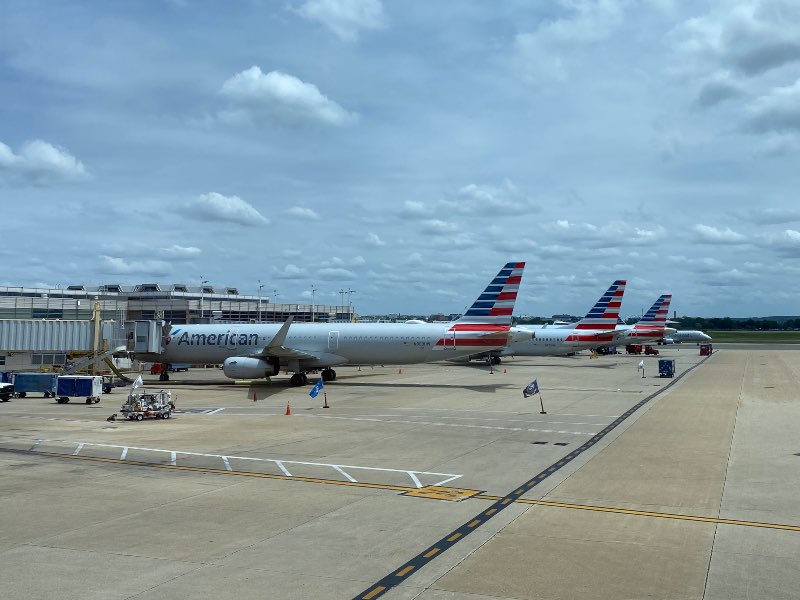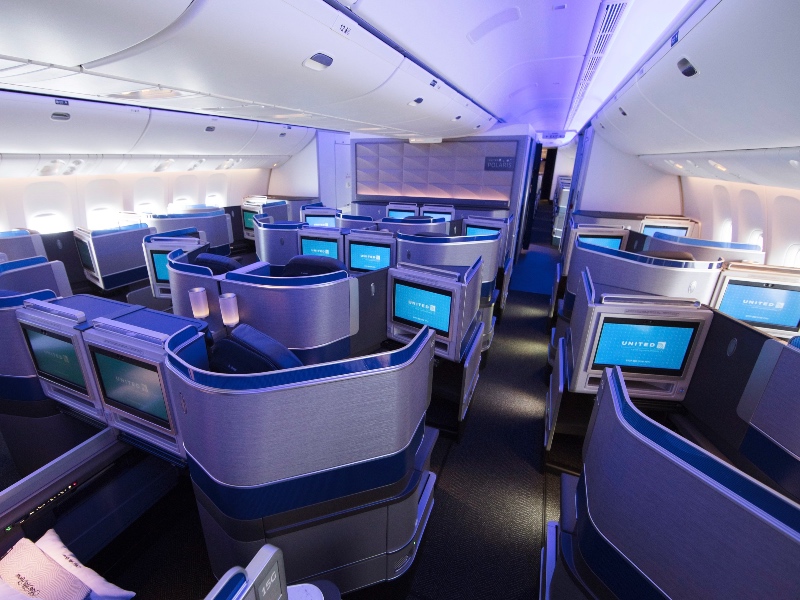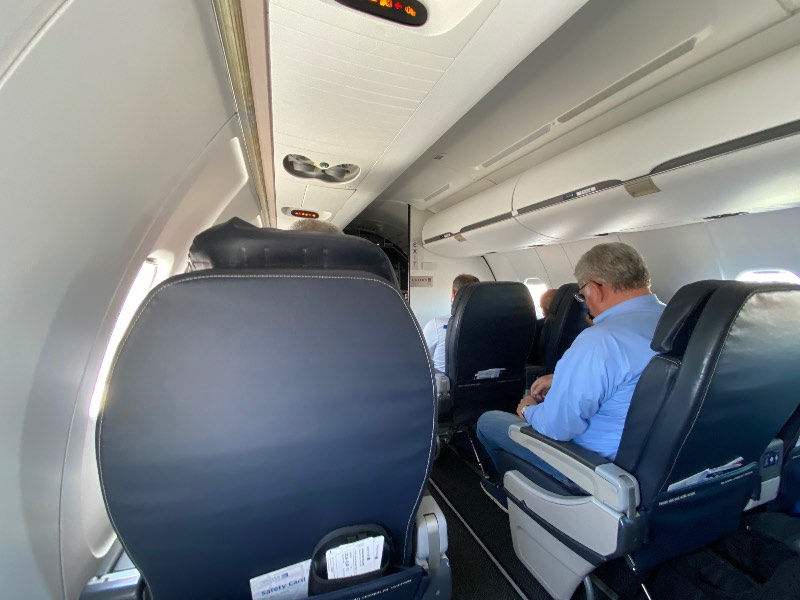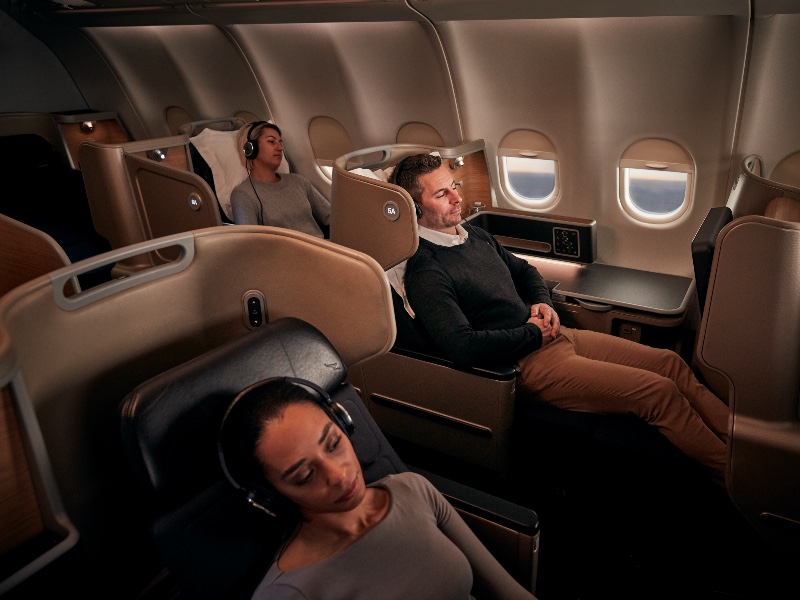USA Proposes Mandatory Refunds for Aircraft Type Downgrades

The United States Department of Transportation (DOT) has proposed updated legislation that would require airlines to offer refunds for “significant changes” including aircraft type changes that result in a downgrade in the available amenities and onboard experience.
The US government already requires airlines to offer customers a refund if there is a significant change and the customer does not accept any of the alternatives provided. This rule applies to US airlines, as well as flights to or from the United States on other international airlines including Qantas and Air New Zealand.
But until now, the DOT has not specifically defined what constitutes a “significant change”. This has given airlines leeway to deny refunds, for example, if they rebook a customer on another flight many hours later or change from a non-stop to a connecting itinerary.
Under the proposed new rule, a “significant change” that entitles a passenger to a refund (without any fees or penalties) would include:
- Changes that affect the departure and/or arrival times by three hours or more for a domestic flight or six hours or more for an international flight
- Changes to the departure or arrival airport
- Changes that increase the number of connections in the itinerary
- Changes to the type of aircraft flown if it causes a significant downgrade in the air travel experience or amenities available onboard the flight
The last point is particularly interesting. Several jurisdictions including the European Union and Canada already require airlines to compensate passengers for lengthy delays, last-minute flight cancellations, being denied boarding due to overbooking or involuntary downgrades. But these rules don’t generally consider a change to a different aircraft type with inferior onboard amenities to be a downgrade, if the passenger remains in the same “class of travel” as originally ticketed.
The DOT is now conducting a public consultation process, which will conclude in November. Depending on how this goes (i.e. how strongly US airlines lobby against the proposal), the rule may then either be implemented, changed or abandoned.
If this rule is implemented, it could entitle passengers on US airlines to a refund if they book a domestic Business or First Class ticket on a wide-body aircraft with lie-flat seating…

…and the airline changes their ticket to a narrow-body aircraft with reclining Business or First Class seats.

Under the US rule, passengers could elect not to fly and instead receive a refund if there was a significant change. But passengers would not necessarily be entitled to any compensation if they agreed to the change and took the new flight offered.
The DOT doesn’t define exactly what it would consider a “significant downgrade in the air travel experience or amenities available onboard the flight”. A change from a lie-flat suite to a recliner seat would be an obvious one, but it might be harder to argue that a change to an aircraft without wifi or in-flight entertainment, for example, counted as a significant downgrade.
The “significant downgrade” clause is unlikely to affect airlines like Qantas or Air New Zealand, as the cabin products on the various different aircraft types both airlines use on flights to/from the United States are very similar. But it would be interesting to see if this rule change might set a precedent in other parts of the world.
Despite the obvious differences in the onboard amenities and experience, Qantas generally sells Business Class on all aircraft types for the same price (where multiple plane types serve the same route). In instances where passengers book an A330 flight and end up on a Boeing 737 due to a last-minute aircraft swap, for example, Qantas generally declines to offer any compensation as it considers both products to be identical.

You can leave a comment or discuss this topic on the Australian Frequent Flyer forum.



Community Comments
Loading new replies...
Join the full discussion at the Australian Frequent Flyer →